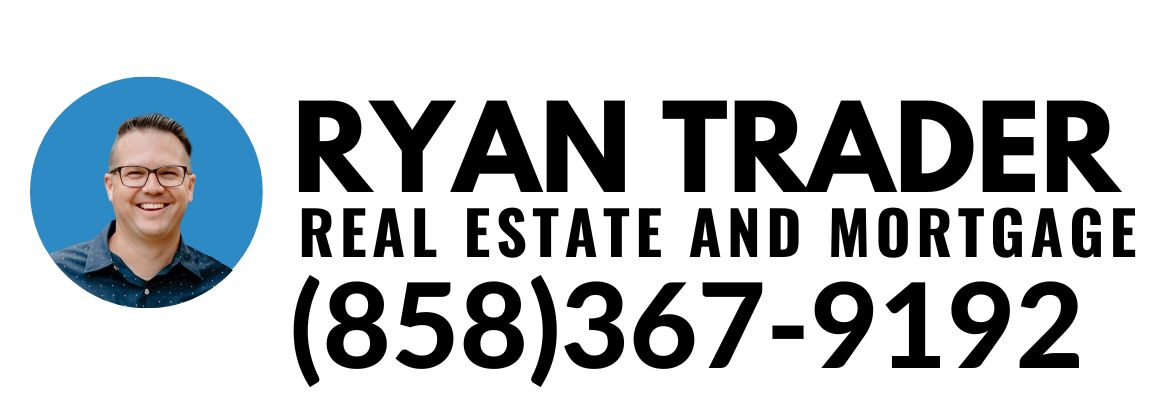An FHA 203(k) loan is a type of mortgage offered by the Federal Housing Administration (FHA) that allows borrowers to finance both the purchase of a home and the cost of renovations or repairs into a single loan. The “203(k)” refers to the section of the National Housing Act that authorizes this type of loan.
There are two main types of FHA 203(k) loans:
- Standard 203(k) Loan: This type of loan is suitable for more extensive renovations or structural repairs. It allows borrowers to finance projects that may involve major alterations, such as room additions, foundation repairs, or rebuilding parts of the home. With a Standard 203(k) loan, there is no limit to the cost of repairs, as long as the total loan amount remains within FHA loan limits for the area. This loan typically requires a HUD consultant to oversee the project, ensuring that the work meets FHA guidelines.
- Limited 203(k) Loan (or Streamlined 203(k)): Limited 203(k) loans are designed for smaller-scale renovations or repairs. They have a maximum repair limit of $35,000, which can be used for non-structural improvements such as cosmetic upgrades, appliance replacements, or minor repairs. Limited 203(k) loans are less complex and involve less paperwork compared to Standard 203(k) loans, making them suitable for simpler projects. However, they still require the use of a 203(k)-approved consultant to oversee the renovations and ensure compliance with FHA guidelines.
Both types of FHA 203(k) loans provide borrowers with the opportunity to finance the purchase of a home and the cost of renovations into a single loan, simplifying the financing process for properties that require improvement. The choice between a Standard or Limited 203(k) loan depends on the extent of the renovations needed and the borrower’s specific requirements and budget.
Here are the pros and cons:
Pros:
- Financing for Renovations: One of the main benefits of an FHA 203(k) loan is that it allows borrowers to finance the cost of renovations or repairs into the mortgage. This can be advantageous for buyers purchasing a fixer-upper or a home in need of significant repairs.
- Lower Down Payment: FHA loans typically require a lower down payment compared to conventional loans, which can make homeownership more accessible to buyers who may not have substantial savings for a large down payment.
- Credit Flexibility: FHA loans are often more forgiving of lower credit scores compared to conventional loans. Borrowers with less-than-perfect credit may still qualify for an FHA 203(k) loan.
- Interest Rates: FHA loans generally have competitive interest rates, which can save borrowers money over the life of the loan.
- Potential Increase in Home Value: By financing renovations, borrowers have the opportunity to improve the value of their home, potentially increasing equity over time.
Cons:
- Strict Requirements: While FHA loans may be more flexible in some areas, they do have specific requirements that borrowers must meet, including property standards and debt-to-income ratios.
- Mortgage Insurance: FHA loans require borrowers to pay mortgage insurance premiums, both upfront and annually. This can increase the overall cost of the loan.
- Limited Eligibility: Not all properties are eligible for FHA 203(k) loans. The property must meet certain requirements, and there may be limitations on the types of renovations that can be financed.
- Complex Process: The FHA 203(k) loan process can be more complex and time-consuming compared to a traditional mortgage. Borrowers may need to work closely with lenders, contractors, and inspectors throughout the renovation process.
- Potential for Overborrowing: While it can be tempting to finance extensive renovations with an FHA 203(k) loan, borrowers should be cautious not to overextend themselves financially. Overborrowing can lead to difficulty in making mortgage payments or covering unexpected expenses.
Overall, an FHA 203(k) loan can be a valuable option for buyers looking to purchase a home in need of renovations, but it’s essential to weigh the pros and cons carefully and consider individual financial circumstances before proceeding.
Call or email to find out more!


